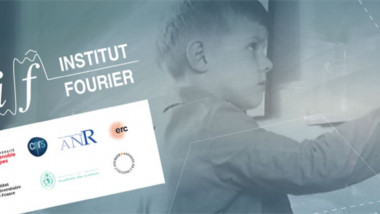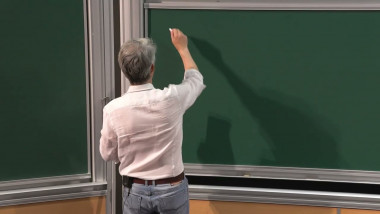
Generative AI and Diffusion Models: a Statistical Physics Analysis (3/3)
De Giulio Biroli
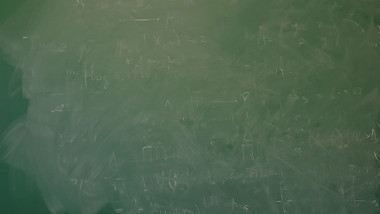
Exploring the High-dimensional Random Landscapes of Data Science (3/3)
De Gérard Ben Arous

Generative AI and Diffusion Models: a Statistical Physics Analysis (2/3)
De Giulio Biroli
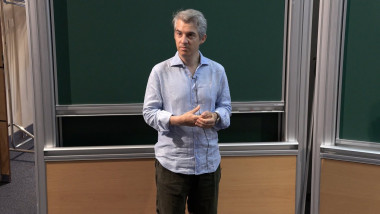
Generative AI and Diffusion Models: a Statistical Physics Analysis (1/3)
De Giulio Biroli
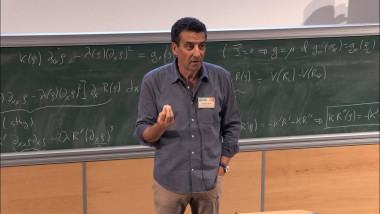
Exploring the High-dimensional Random Landscapes of Data Science (1/3)
De Gérard Ben Arous



